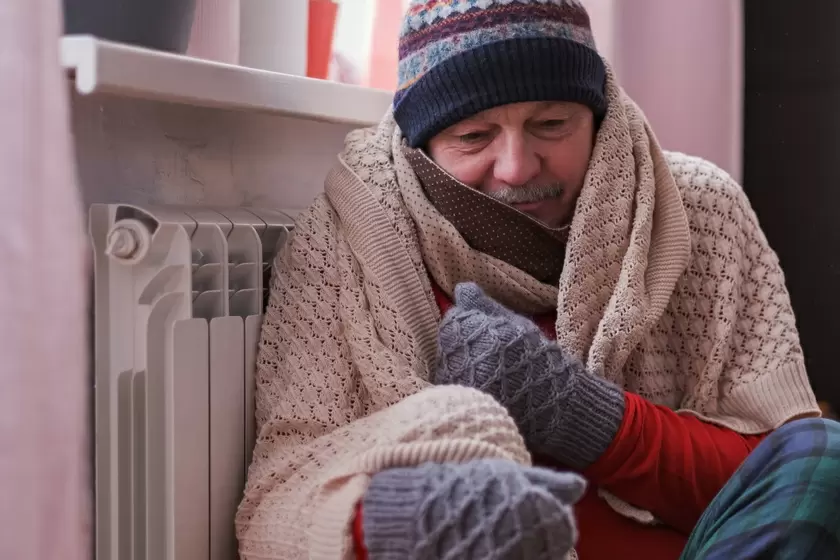Cold weather can have various negative effects on our health and the elderly is the most vulnerable when it comes to this aspect of the season. To ensure that your aging loved ones get optimal protection from the implications of cold weather, here’s how senior living in Long Beach, MS helps address the concern.
Ward Off Seasonal Depression
We are all susceptible to the rigors of winter. It will get dark and chilly outside, and there is no sunshine to provide our bodies with the vitamin D they need to function normally. Isolation and loneliness are more common among the elderly, especially those who age in place.
Both socializing with neighbors and loved ones and keeping busy during the winter months are effective strategies for beating the seasonal blues. Simply going on a daily walk around the retirement community grounds is enough to make the residents feel like they are part of a larger group, and it also serves as a fantastic form of exercise. It is crucial for family members to check in on their elderly loved ones frequently throughout the winter months because it can be difficult for them to leave the house or their senior apartment.
Protect from the Cold
Older persons, who are more susceptible to hypothermia, should take extra care to dress warmly throughout the winter months, even if doing so seems unnecessary. They should bundle up, cover their heads and hands, and breathe through scarves before venturing out into the cold. When going outside in chilly weather, whether or not it is freezing, it is best to dress in layers to keep from shivering and so putting unnecessary strain on the body.
Ensuring Proper Footwear is Worn
Extreme cold and snow make walking treacherous, increasing the risk of injury from slipping and falling. Older people should always wear sturdy, nonslip shoes with plenty of tread when going outside, even if it is merely to get in the car or check the mail. Caregivers and loved ones should keep a look out for ice areas and help the elderly with their walks if necessary. Because it is far simpler to avoid falling than to get back up afterward.
Access to Balanced Meals
One of the winter’s major worries is a lack of vitamin D. Older adults should eat a balanced diet that includes vitamin D and calcium-rich foods like milk, eggs, and fish to make up for the diminished vitamin D they receive from less time spent outdoors in the sun. If an elderly is not already taking a multivitamin, they should start so they may acquire the nutrients they need to stay healthy and have a robust immune system as they age.
Monitoring Temperatures
Caregivers carefully track the core body temperature of their residents in addition to the ambient temperature. Consistently warm temperatures will be maintained throughout the community, even during the night. In order to stay warm, older adults should also avoid sleeping or sitting near open windows or doors, or they could cover themselves with extra blankets and clothing.








